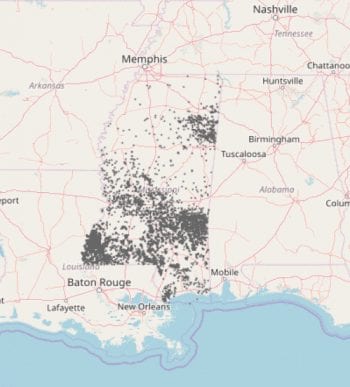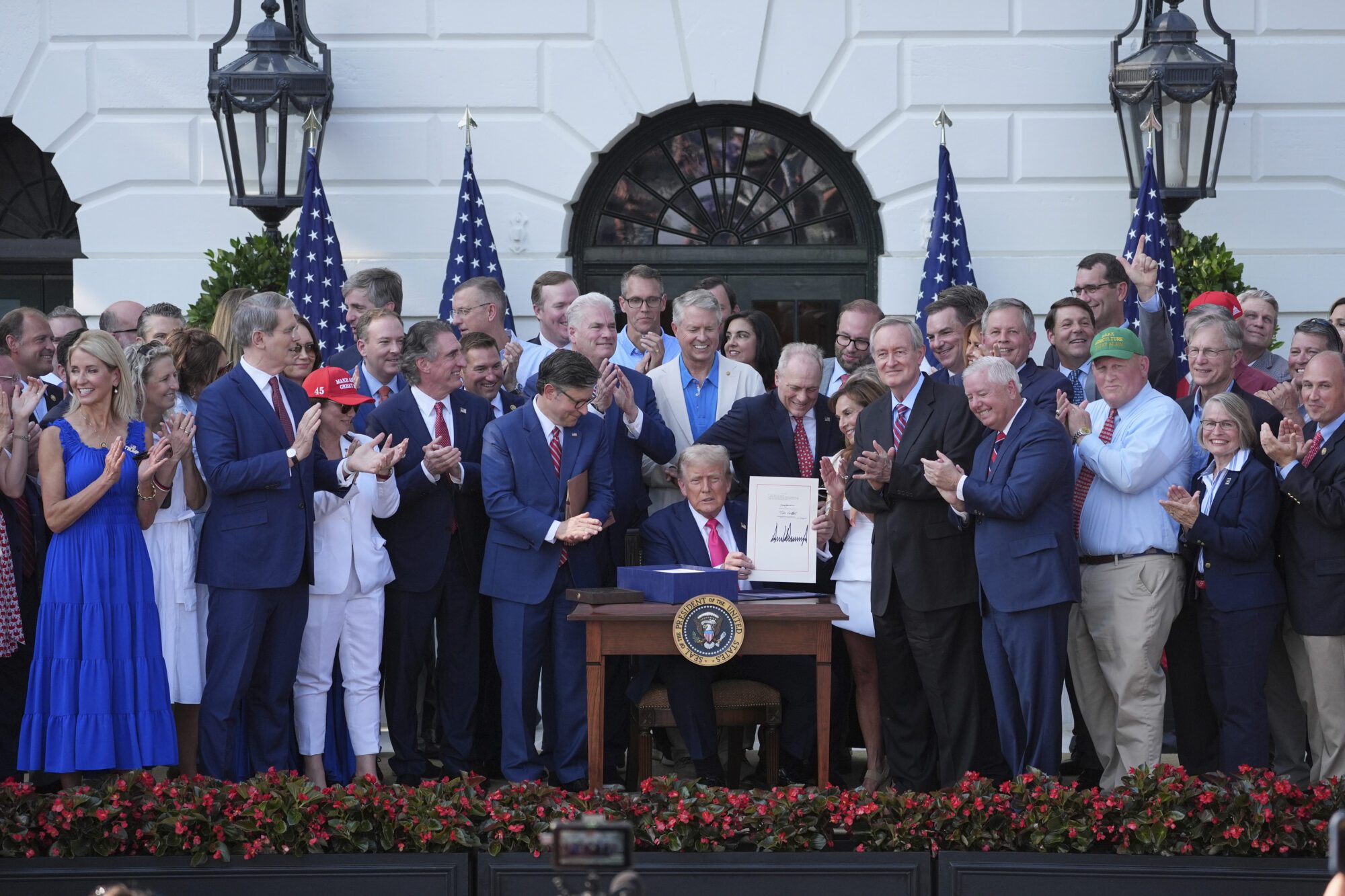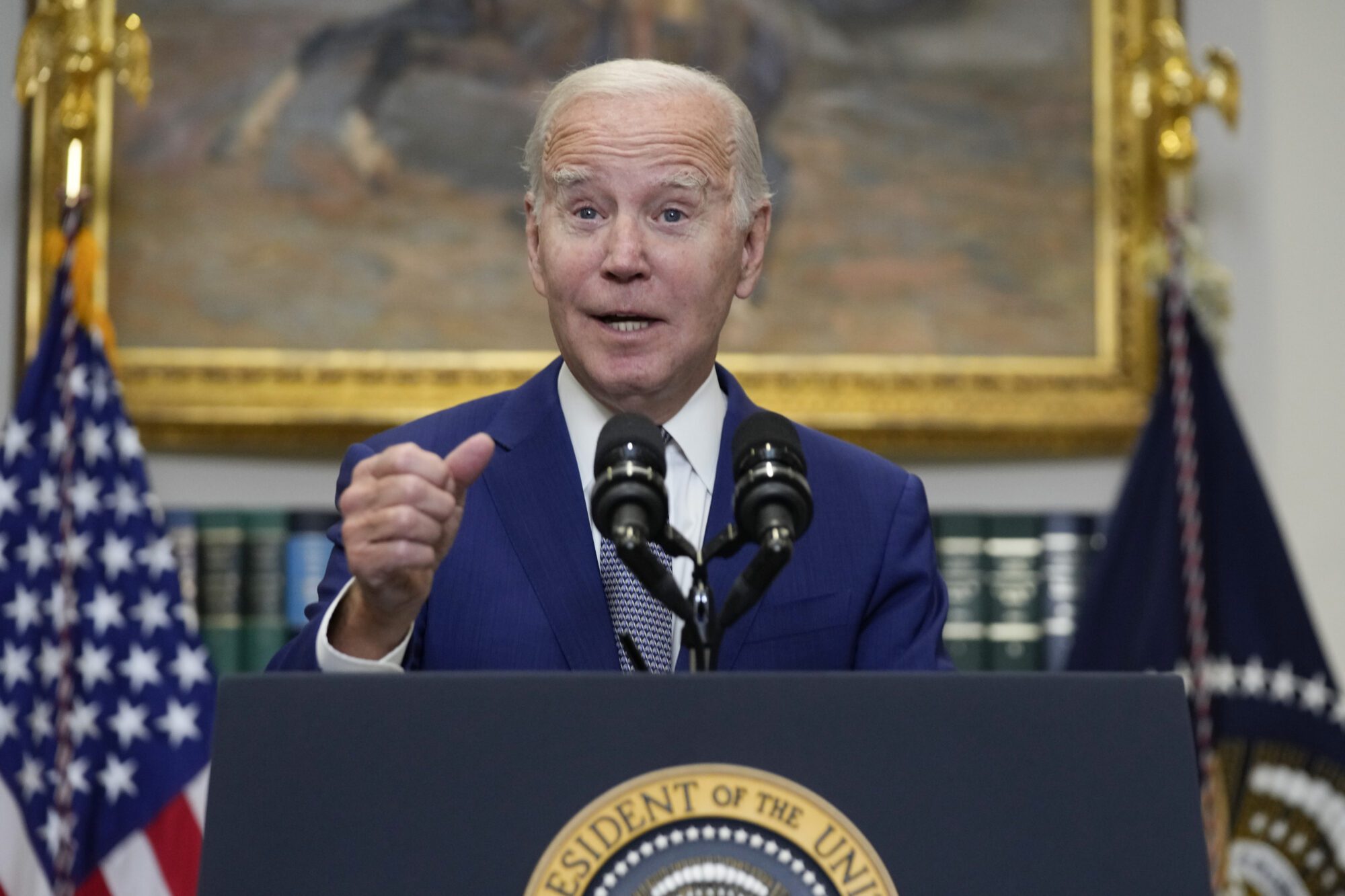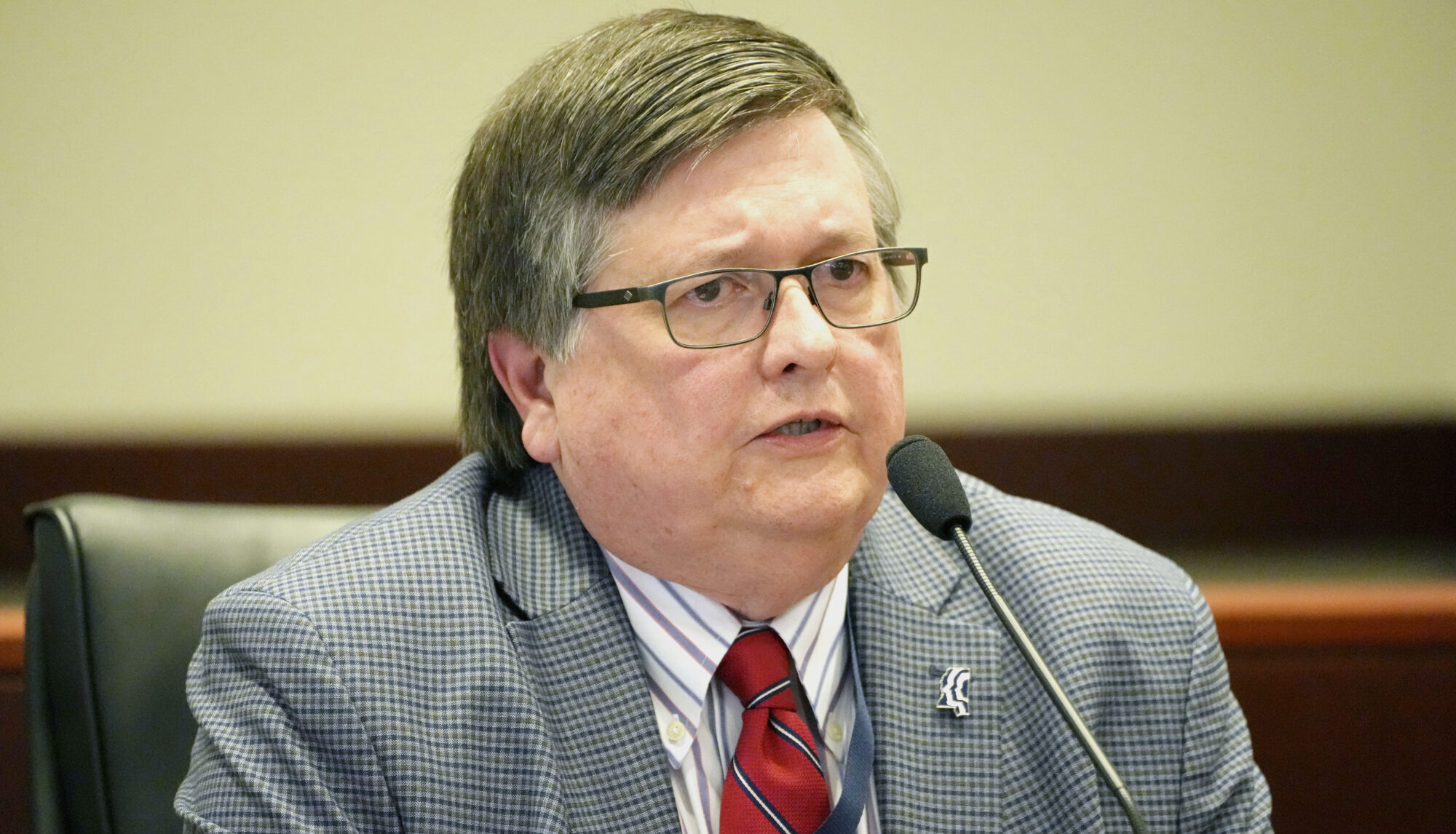
Charles Lipson
As the coronavirus spreads and the Centers for Disease Control work around-the-clock to mitigate the disaster, it’s easy to see why we need competent government agencies. We don’t always get them. The CDC and National Institutes of Health botched their initial response to the virus — and we are all paying the price. They distributed unreliable test kits and, incredibly, prevented top research hospitals from developing their own tests. They failed to plan for the now-predictable spike in demand for respirators, ventilators, and beds in intensive-care units. Only now are tests becoming widely available, long after the disease has spread. Ugh.
With the U.S. economy stalled, schools and businesses closed, and families huddled at home, the CDC, NIH, the Food and Drug Administration, and Health and Human Services are finally doing what they should have done weeks ago: cutting through their own cumbersome red tape to respond aggressively to COVID-19. President Trump, whose reelection hangs in the balance, has declared a national emergency, banned most international travel, and encouraged unprecedented collaboration between government agencies and America’s top biotech companies, which are racing to invent vaccines, treatments, and swift, reliable tests. After a month of misleading happy talk, we are finally hearing some hard, ugly truths from the White House about what to expect.
As federal, state, and local agencies coordinate their emergency responses, it’s easy to see why Americans reject the libertarian ideal. They want protection from deadly contagious diseases for the same reason they want protection from foreign military threats. They expect a capable central government to cope with these challenges. They don’t want a skeletal “night watchman state,” which would eliminate most government functions.
Not to worry. There is zero chance the federal government will be drastically curtailed. There may be cuts in some budgets and regulations, but there is no political appetite for major structural changes that would return America to the days of Calvin Coolidge, before Franklin Roosevelt’s New Deal and Lyndon Johnson’s Great Society elevated government to an outsized role in Americans’ lives – a role never envisioned by the Founders. The “Imperial Presidency” and the jurists they put on the federal bench shoved aside the “old” Constitution and its government of limited, enumerated powers and substituted a “living” Constitution that places few constraints on government. The bigger the central government becomes, the more responsibilities devolve to specialized agencies and the civil servants who fill them.
This shift has fundamentally changed how our country is governed, and, not surprisingly, it has prompted some pushback. There is growing concern that we are slowly succumbing to unfettered governance by unelected officials. Whether to curb it — and how — is the deepest question facing America today.
For more than 50 years, the administrative state has grown in size, scope, and cost, squashing local government and squeezing out civil society. Some programs, like Medicare, are successful and extremely popular. Others, like the “War on Poverty,” high-rise public housing, and quota systems, have done little to solve the problems they were meant to address – and sometimes made them worse.
The cumulative effect of these programs has been to centralize power in Washington, in the bosom of its bureaucracies. After all, it is bureaucrats, not elected officials, who write the detailed rules for each program and implement them. The relentless growth of this administrative state has undercut — and endangered — two essential features of America’s constitutional order:
- First, we are supposed to be governed by laws, made by accountable elected officials according to settled constitutional rules. In practice, we are governed largely by bureaucratic rules, promulgated by unelected, unaccountable civil servants. The federal agencies themselves are empowered by broad, vague laws to improve air quality, for example, or workplace safety. The crucial question is not whether the agencies’ detailed rules are useful or cost-effective but whether Congress should be delegating this “legislative” authority in the first place.
- Second, a core feature of the U.S. Constitution is the separation of legislative, executive, and judicial functions. The aim is to prevent the concentration of power, which threatens liberty and portends tyranny. In practice, most federal agencies combine all three functions. They make the rules, enforce them, and adjudge any complaints. This merger of functions drives a stake through the heart of James Madison’s constitutional architecture, which depends on the separation of powers.
Because these changes have been gradual, they haven’t received the scrutiny they demand.
Consider the first point: Americans should be governed by laws, passed by Congress and signed by the president, not by undemocratic rules and regulations made by unaccountable bureaucrats. The executive branch is tasked with implementing those laws, not making them. When necessary, experts in various agencies may fill in some technical details, but no more than that. They should never make the basic rules that govern our daily lives. That, at least, is the imperiled constitutional vision. One remedy: If we need complex rules, as we often do, those should be submitted to Congress and the president for approval, as laws are. Without that requirement, there is no democratic accountability.
It’s not just bureaucrats who have overstepped these constitutional lines. So do many presidential executive orders and “signing statements.” So do many decisions by activist judges, who not only make laws but sometimes oversee their implementation.
Judicial hubris has been visible in recent decisions by federal district court judges, who have issued nationwide injunctions to block policies they don’t like. The judges’ policy preferences may be right or wrong, but giving hundreds of lower court judges the power to stop the implementation of federal immigration policy across the country, for example, is a recipe for gridlock. At the very least, such sweeping rulings ought to require approval from multi-judge panels at the appellate level. If that change requires new laws, Congress should pass them. Until then, higher courts should routinely overrule national injunctions until they can rule on the merits.
The basic point here shouldn’t be controversial, though, alas, it is: The executive branch should execute the laws, as the name implies, and the judicial branch should resolve individual cases. Neither branch should “pass” laws on its own or sever the constitutional bounds on lawmaking.
Reviving these bedrock constitutional functions requires significant changes in all three branches. Presidents and federal judges have operated with few restraints since the early 1940s and virtually none since the mid-1960s. Congress has morphed into an oversight body, tasked mainly with supervising the executive instead of passing laws. The White House itself spends considerable effort trying, often in vain, to oversee its own agencies and limit policymaking by lower-level bureaucrats.
Political supervision is essential because federal agencies carry enormous weight. They make and implement their own rules and adjudicate any complaints. This merging of functions means federal bureaucracies effectively combine all three branches — legislative, executive, and judicial — within each agency.
This fusion would be bad enough if the bureaucrats were elected, so voters could hold them to account. But none of them are elected. None. Only the top levels are even appointed by the president. Below that are layer after layer of civil service employees who can never be sacked, disciplined, demoted, or transferred to rural Alaska. Medieval kings had less job security.
Given this overweening power, administrative abuses are commonplace. The Environmental Protection Agency, a frequent culprit, used its authority under the “Waters of the United States” to penalize a Wyoming cattle rancher for building a small pond. The “Waters” act was meant to protect navigable rivers and large lakes. No matter. The law specifically exempts “construction or maintenance of farm or stock ponds.” No matter. The rancher, Andy Johnson, had a valid state permit. No matter. The EPA didn’t need to explain. It simply declared the pond prohibited under the law and fined the rancher $37,500 . . . per day. This grotesque overreach was eventually overturned and $16 million in accumulated fines cancelled, but only because a pro bono organization had sufficient resources and gumption to take the case to court. It took three years of legal battles for Johnson and the Pacific Legal Foundation to completely vanquish the EPA. All to build a cattle pond.
What have these egregious abuses got to do with CDC, NIH, HHS, and the Wuhan coronavirus? Quite a lot, actually. The progressive vision, which created the administrative state, is premised on the idea that experts alone should make the rules needed for complex, modern societies and should ensure their execution. That makes some sense. We certainly need specialized agencies to deal with problems like infectious diseases, and we need skilled professionals like Dr. Anthony Fauci to lead them. The problem is that the same progressive agenda has also given us EPA officials who decide cow ponds are navigable rivers and ignore black-letter law to do it. It has given us IRS officials like Lois Lerner, who used her unchecked authority to keep conservative organizations out of politics for three election cycles. She retired, unpunished, on a full pension.
It is fruitless to say, “We just need to appoint the right people.” That would be nice, but it won’t always happen, as James Madison, the “father” of our Constitution, understood. “If men were angels,” he noted, “no government would be necessary.” (As Lois Lerner revealed, this admonition applies to women as well.)
A surer remedy is to restore our constitutional emphasis on individual rights, enumerated federal powers, and separate legislative, executive, and judicial functions. That doesn’t mean installing a night-watchman state. It does mean clawing back the unbounded power of the centralized, administrative state. It is possible to do that and still carry out essential public tasks such as controlling diseases, cleaning polluted waters, and defending our country. We need protection from those dangers. But we need protection from boundless bureaucratic fiat, too.
###








